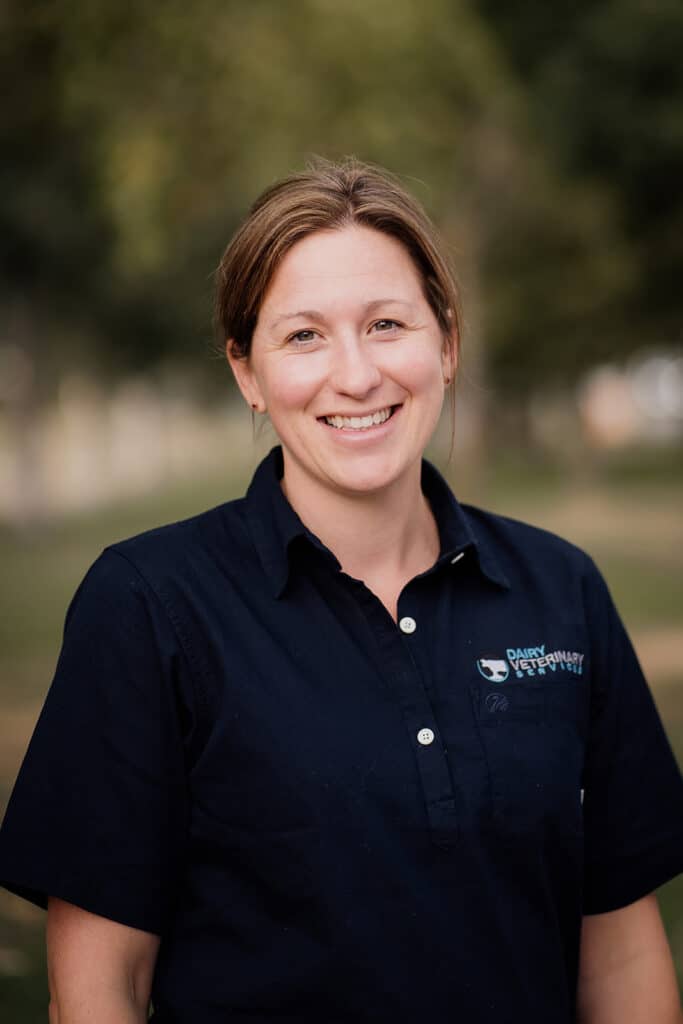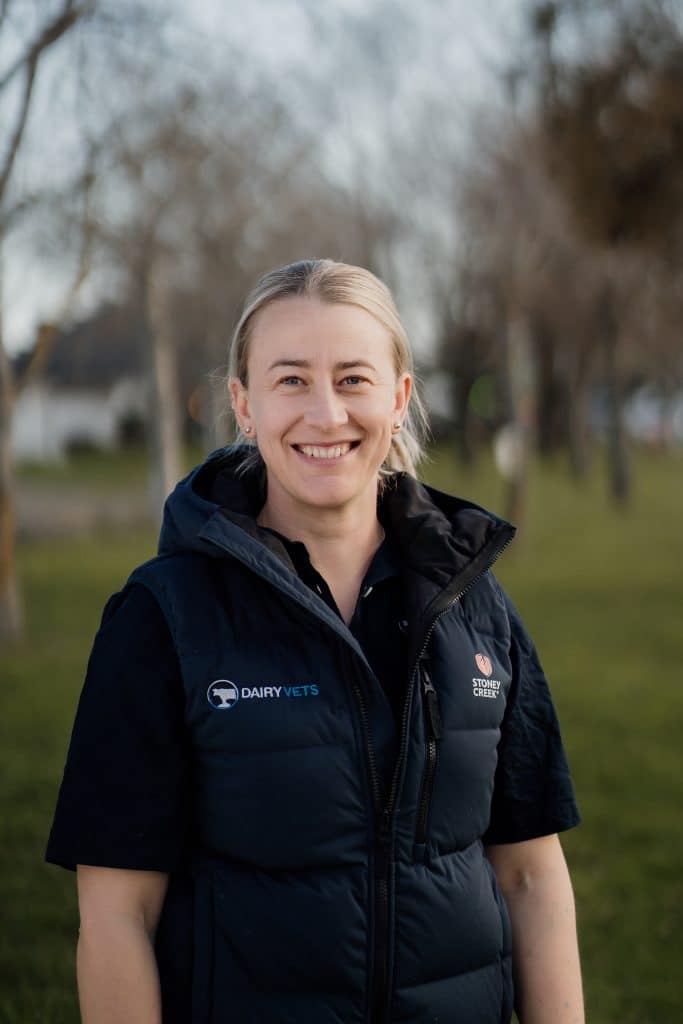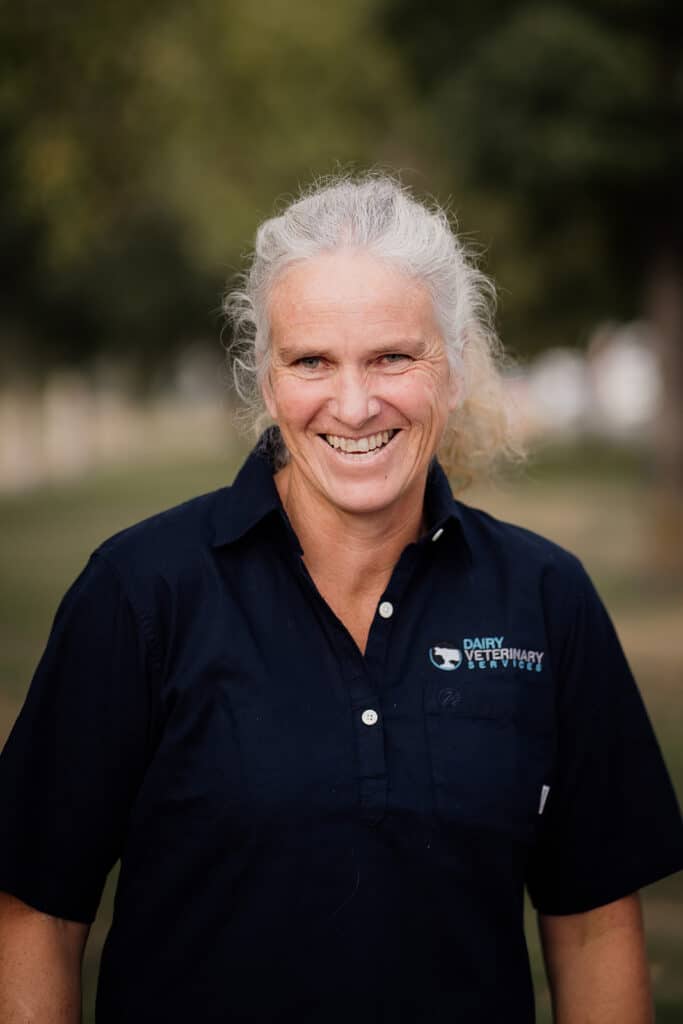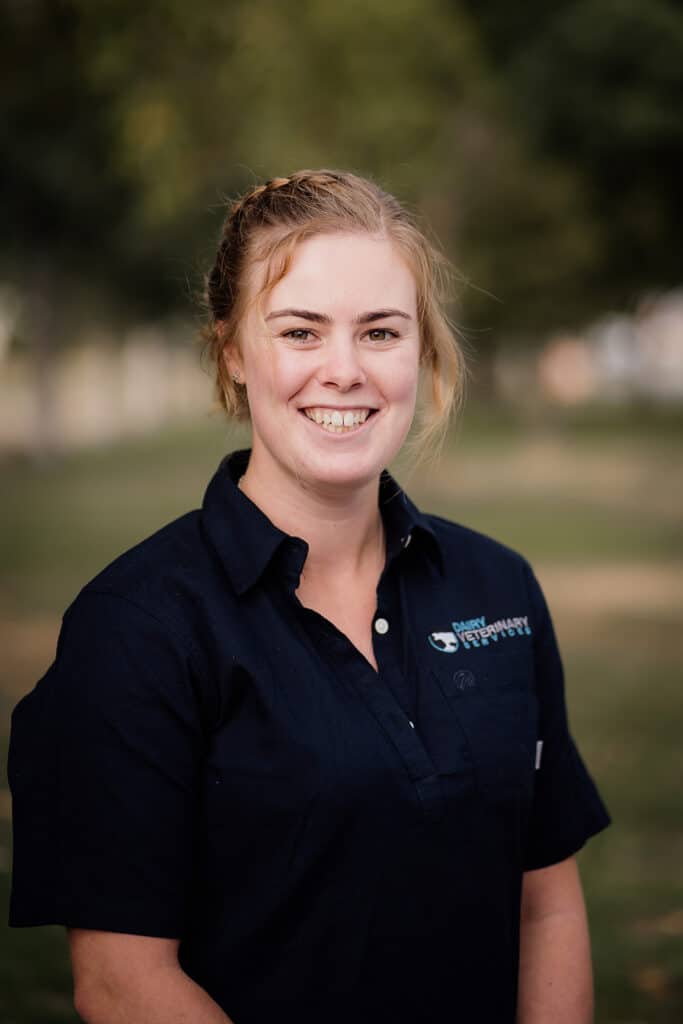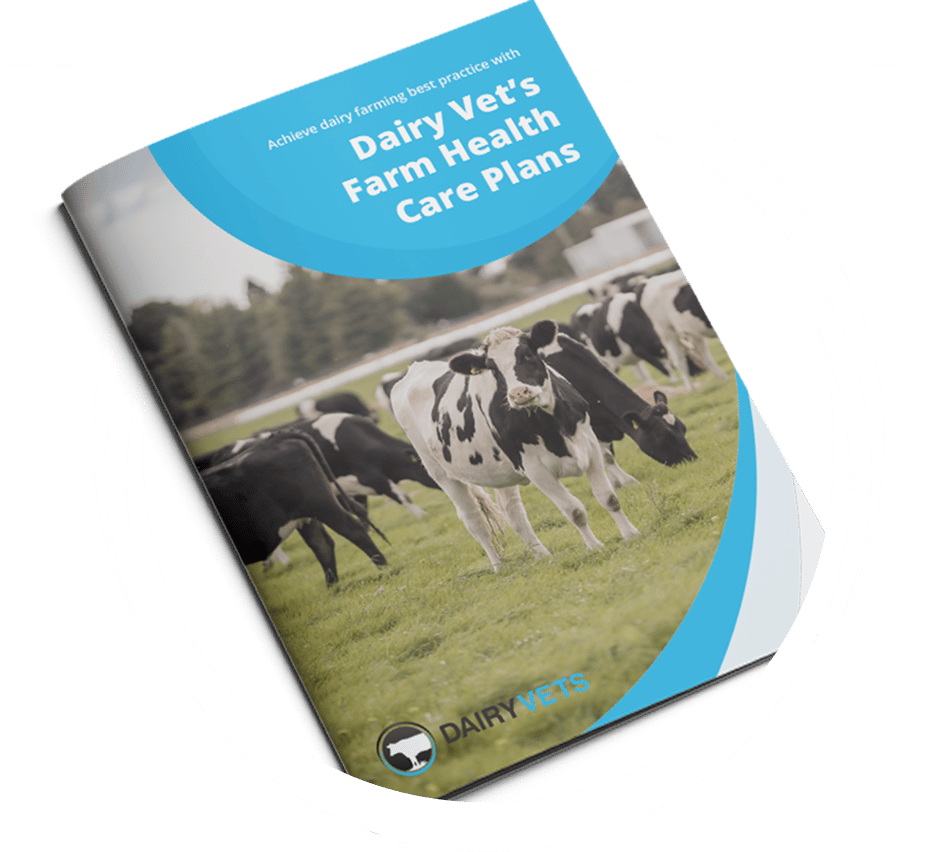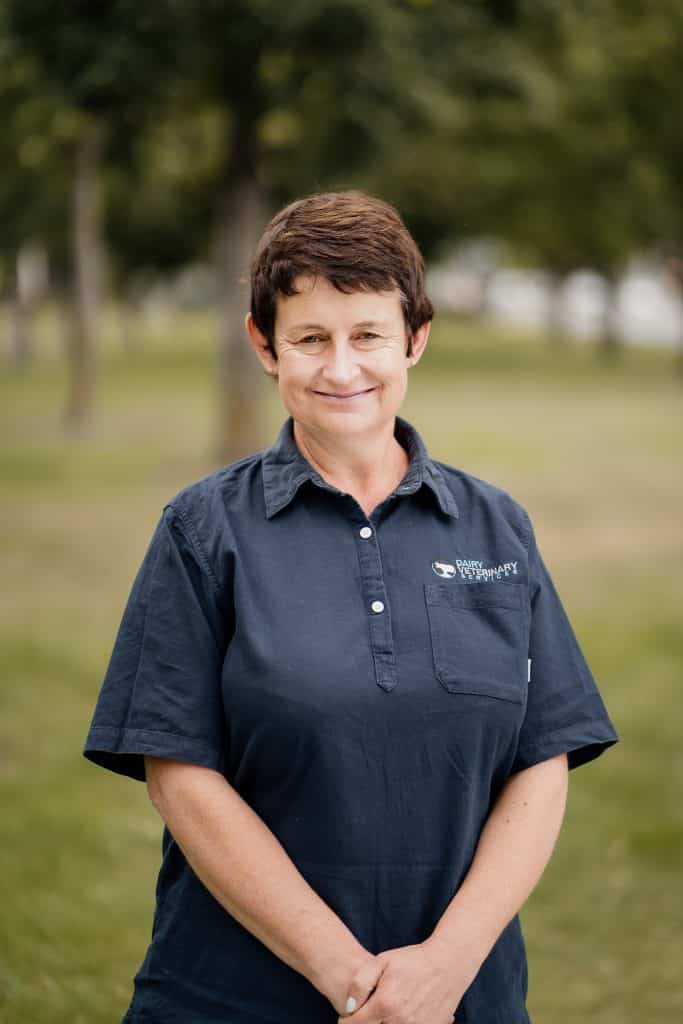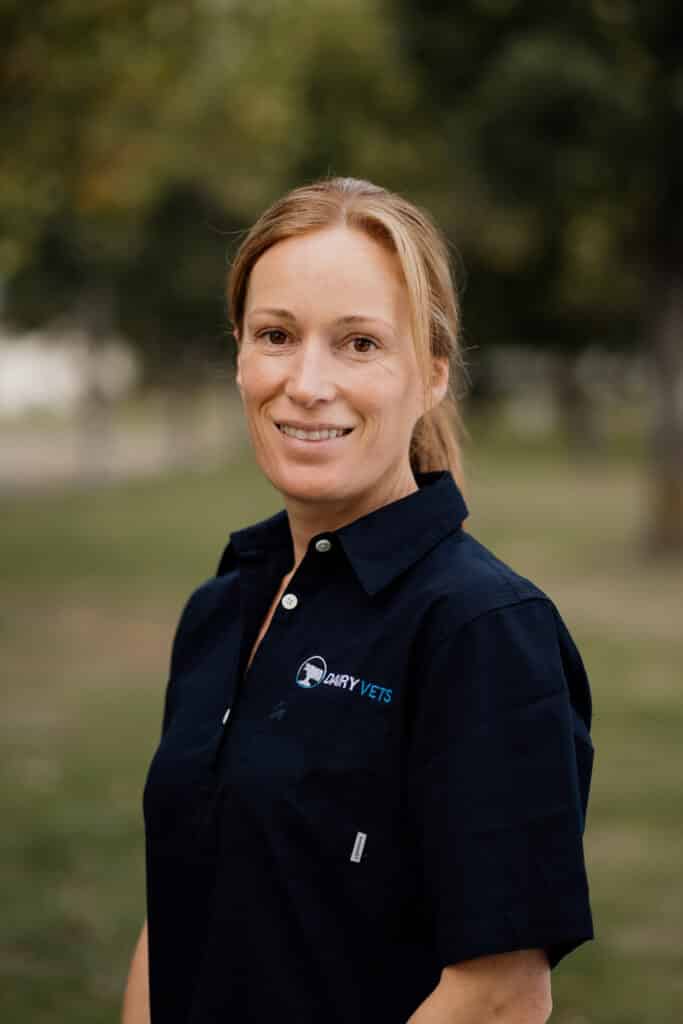Rotavirus is the most commonly diagnosed cause of calf scours in New Zealand. Outbreaks of scours can cause a huge amount of stress at a busy time of the year and there can be high rates of sickness and death. The lining of the gut can be severely damaged with life-long effects on health and productivity. Shed preparation and hygiene practices are important to reduce the viral load in the environment however there is little that can be done to prevent exposure to Rotavirus. It is shed by adult cattle and can survive in the environment between seasons. Rotavirus is extremely infectious and opens the calf up to infection with other organisms such as Cryptosporidium, coronavirus and Ecoli K99. The pressure of our seasonal calving system creates a high-risk environment. For these reasons, the greatest protection comes from practices that boost the calf’s own immunity. Rotavirus vaccination is a valuable tool to help achieve this. Rotavirus vaccines produce protection against Bovine Rotavirus, bovine coronavirus and Ecoli K99. Cows are vaccinated between 12 and 3 weeks before they are due to calve to ensure the optimal level of antibodies are present in colostrum at the first milking. There are 2 ways in which Rotavirus vaccines works to protect calves from scours: 1. Boosting Rotavirus, coronavirus and Ecoli K99 antibodies in the calf via passive transfer of immunity. Good colostrum management is essential to ensure that the benefits of Rotavirus vaccination are fully realized. Calves must be fed 4-6 L of top quality (22+% brix reading) colostrum from vaccinated cows within 12 hours of birth (ideally 6). Blood sampling calves to check for adequacy of passive transfer can be valuable to assess how well your system is working. 2. When calves are fed colostrum from vaccinated cows, antibodies bind Rotavirus organisms as they pass through the gut. Feeding stored colostrum and transition milk (from the first 8 milkings), for as long as possible, will maximise the length of time calves are protected for. Ensure colostrum is preserved and stored correctly. When Rotavirus vaccination is implemented alongside excellent colostrum management, morbidity and mortality from calf scours can be greatly reduced. There are two commonly used vaccines available: Rotavec is a one dose product and Scourguard is a two dose (but can be used to boost a Rotavec vaccinated cow). Talk to your vet to plan Rotavirus vaccination for your herd. |
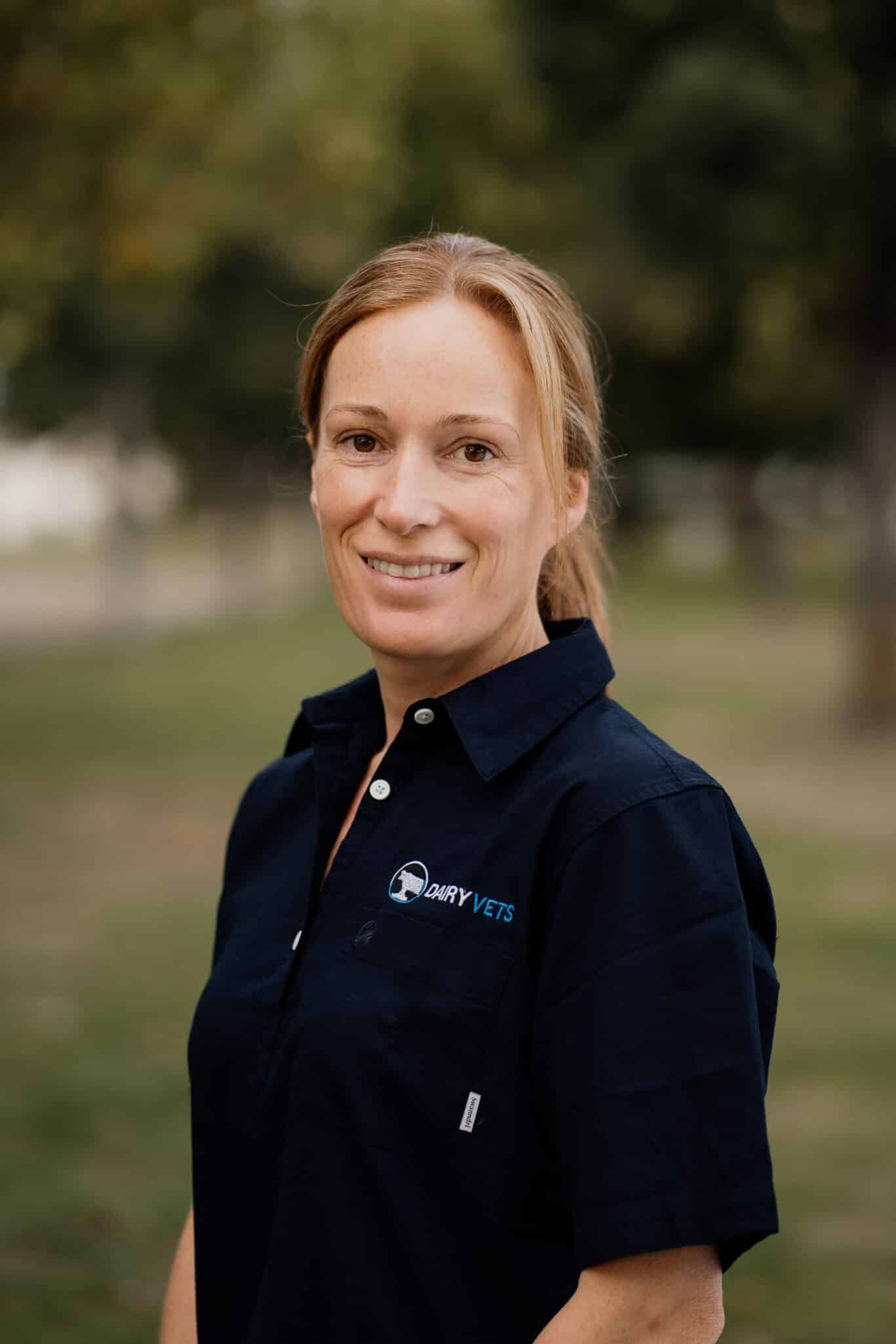
BVSc (Dist.)
If you have any questions please feel free to get in touch with us at info@dairyvets.co.nz


